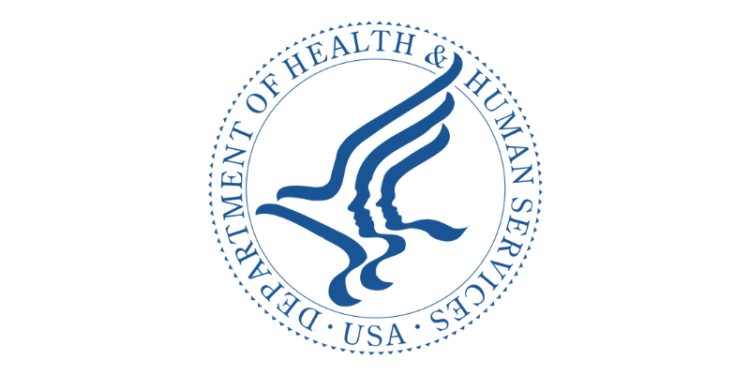On Thursday, February 13th, the U.S. Senate confirmed Robert F. Kennedy Jr. as Secretary of Health and Human Services (HHS) in a 52-48 vote. The confirmation is a victory for President Donald Trump but has raised concerns regarding Kennedy’s stance on vaccines and public health policy.
Kennedy, a longtime critic of vaccine mandates, faced strong opposition during the confirmation process. Senate Minority Leader Mitch McConnell was the only Republican to vote against him, citing concerns over his stance on vaccines. “This administration—led by the same president who delivered a medical miracle with Project Warp Speed—deserves a leader who is willing to acknowledge without qualification the efficacy of life-saving vaccines,” McConnell said.
During his confirmation hearings, Kennedy denied being anti-vaccine, stating, “I believe that vaccines play a critical role in health care,” directly contradicting previous statements said over the years. He pledged to prioritize safety and transparency in public health decisions.
Kennedy now takes over an agency responsible for Medicare, Medicaid, and other health programs, covering nearly half of all Americans. He also faces challenges related to federal workforce reductions led by the Department of Government Efficiency (DOGE), an initiative backed by billionaire Elon Musk. A federal judge recently allowed the administration to proceed with a buyout plan that could significantly reduce HHS staff, potentially limiting Kennedy’s ability to implement new policies.
Kennedy will also oversee the federal response to the ongoing bird flu outbreak. The Centers for Disease Control and Prevention has reported 68 human infections globally. Kennedy has expressed support for developing and distributing a bird flu vaccine.
His confirmation raises questions about how much control he will have over agency decisions. Senator Bill Cassidy, who chairs the Senate Committee on Health, Education, Labor, and Pensions, said Kennedy agreed to consult with Congress before making significant policy changes, particularly regarding vaccine programs.
Kennedy has outlined plans to address chronic disease and improve nutrition standards. However, potential budget cuts may hinder these efforts. “If DOGE’s efforts mean shrinking budgets and fewer staff, RFK Jr. is likely to be held to account for any problems that arise,” said health policy expert Adrianna McIntyre.
As HHS secretary, Kennedy must balance his priorities with the administration’s broader policies while managing limited resources.









